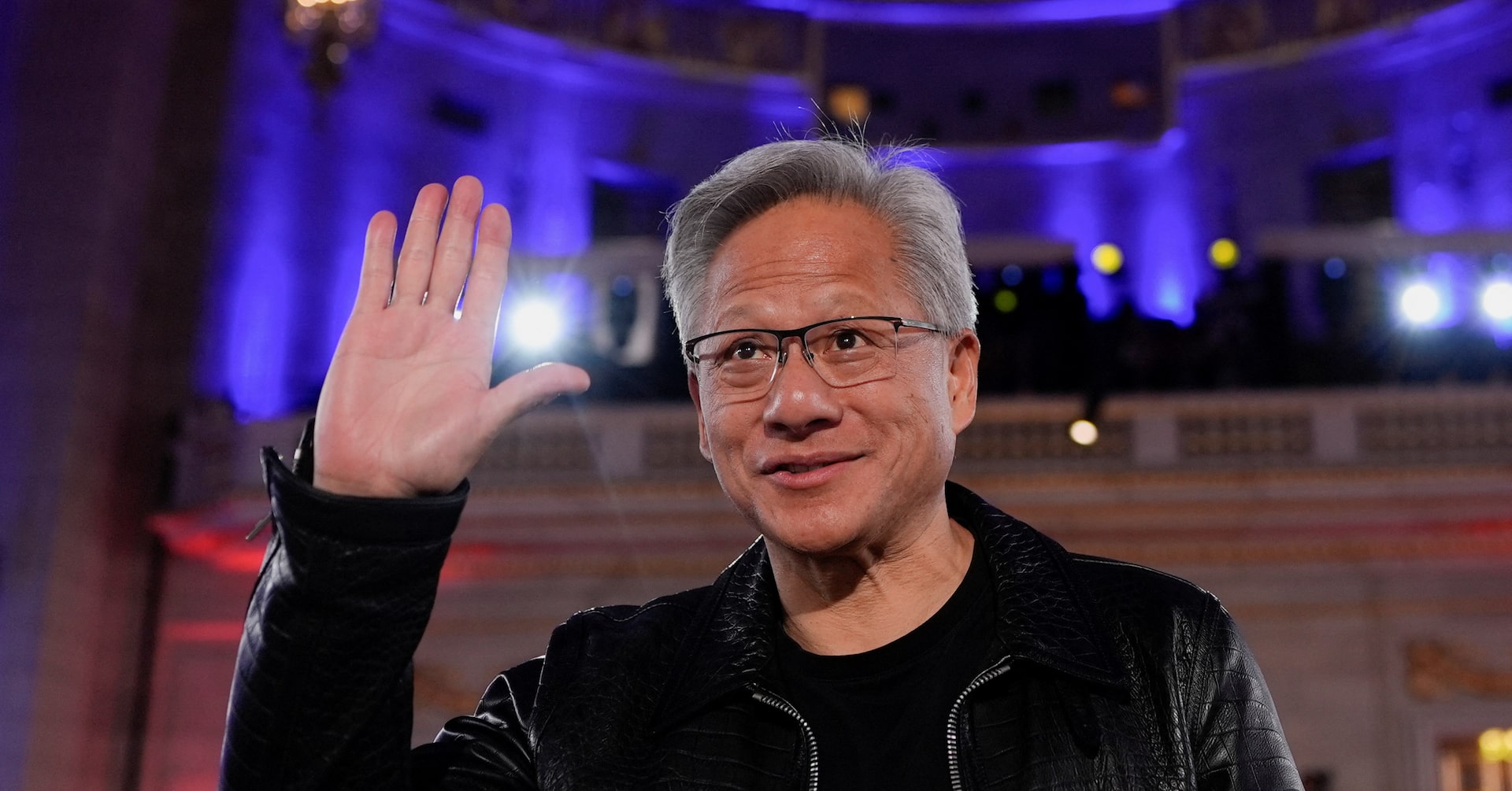
Meta Description: Nvidia CEO Jensen Huang visits TSMC while discussing a China compliant B30A AI data center chip with US regulators and partners.
The world leading AI chip maker is navigating a tense policy landscape. Nvidia CEO Jensen Huang arrived in Taipei to meet with chip foundry partner TSMC and to discuss a proposed China specific AI accelerator, the B30A, in talks with the Trump administration. The B30A is described as a compliant China AI chip designed to meet current US export controls while still offering meaningful AI performance for data center customers in China.
The semiconductor supply chain sits at the center of US and China technology competition. Since 2022 US export controls have tightened on advanced AI chips to limit potential military applications. Nvidia, which leads the global AI chip market, has faced steep demand pressure from China even as regulators limit access to top tier hardware. Nvidia had previously moved to serve China with the H20 product, but H20 production was paused or scaled back after further restrictions.
China accounted for roughly 20 to 25 percent of Nvidia data center revenue before the latest rules. Restoring some level of access could protect Nvidia revenue and give Chinese AI firms access to more capable AI hardware than domestic alternatives. The B30A proposal is an attempt to balance those commercial needs with regulatory compliance.
For Chinese AI companies a compliant B30A could be a lifeline. Many firms have been forced to stockpile older chips or accelerate domestic development, often at higher cost and lower performance. A US compliant B30A would allow some access to modern AI accelerators for data center training and inference while adhering to export rules.
For Nvidia the proposal is a strategic attempt to retain market share in China while following US export controls. Analysts note that losing China entirely could cut Nvidia revenue by double digit percentages, so the company has motivation to engineer a compliance path. How the Trump administration responds could set a precedent for other semiconductor companies seeking to serve restricted markets without breaking export laws.
Critics point to enforcement and monitoring hurdles. Ensuring compliant chips are not repurposed for restricted military use requires robust end use controls and supply chain transparency. The complexity of modern semiconductor supply chains makes tracking final applications difficult, so technical limits alone may not solve all security concerns.
Industry experts also note that any compliant product will involve trade offs in raw compute performance compared to the highest end GPUs. That trade off is central to the B30A concept: provide meaningful AI acceleration while remaining within the bounds set by US export policy.
TSMC is Nvidia main manufacturing partner for leading node chips. Close coordination with TSMC is required to design a B30A that can be produced reliably and audited for compliance. Huangs meetings in Taipei underline how much hardware strategy depends on foundry cooperation and supply chain governance.
The B30A proposal shows how technology design can interact with diplomacy. If approved the chip could become a model for how firms adapt products to regulatory realities while serving global markets. For now the situation remains fluid: Nvidia is pursuing B30A engineering and TSMC collaboration, US regulators are reviewing the plan, and the global industry is watching to see if technology can help bridge policy divides between the US and China.
Keywords integrated for search optimization: Nvidia B30A, China AI chip, US export controls, Jensen Huang TSMC, Blackwell GPU, data center chip, AI accelerator China, B30A compliance, Nvidia China strategy.



